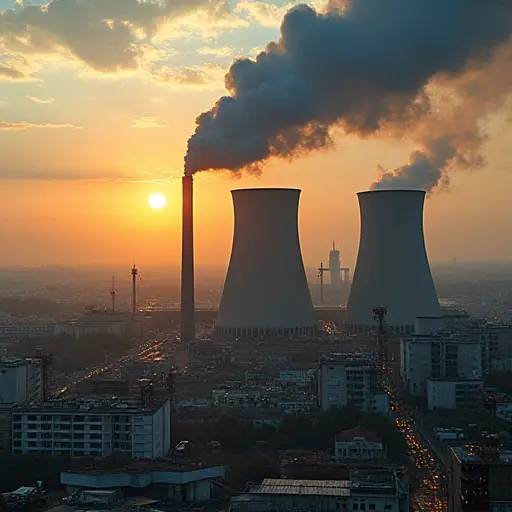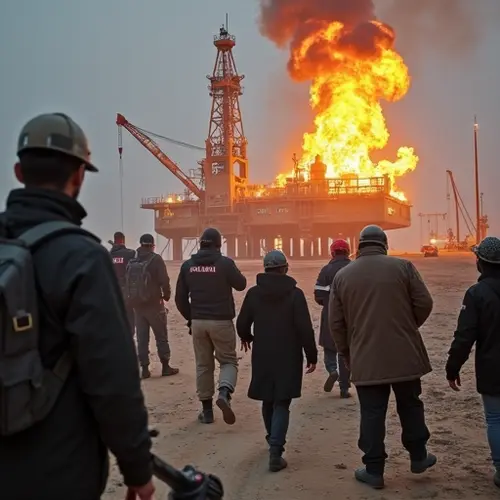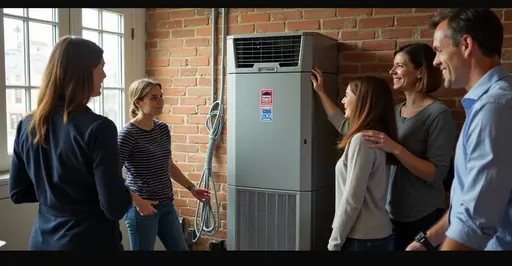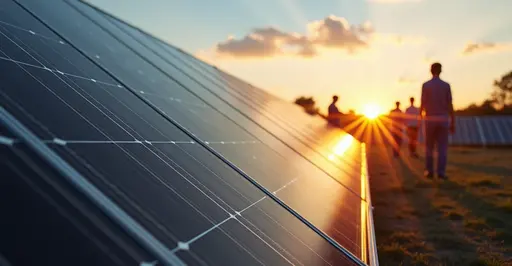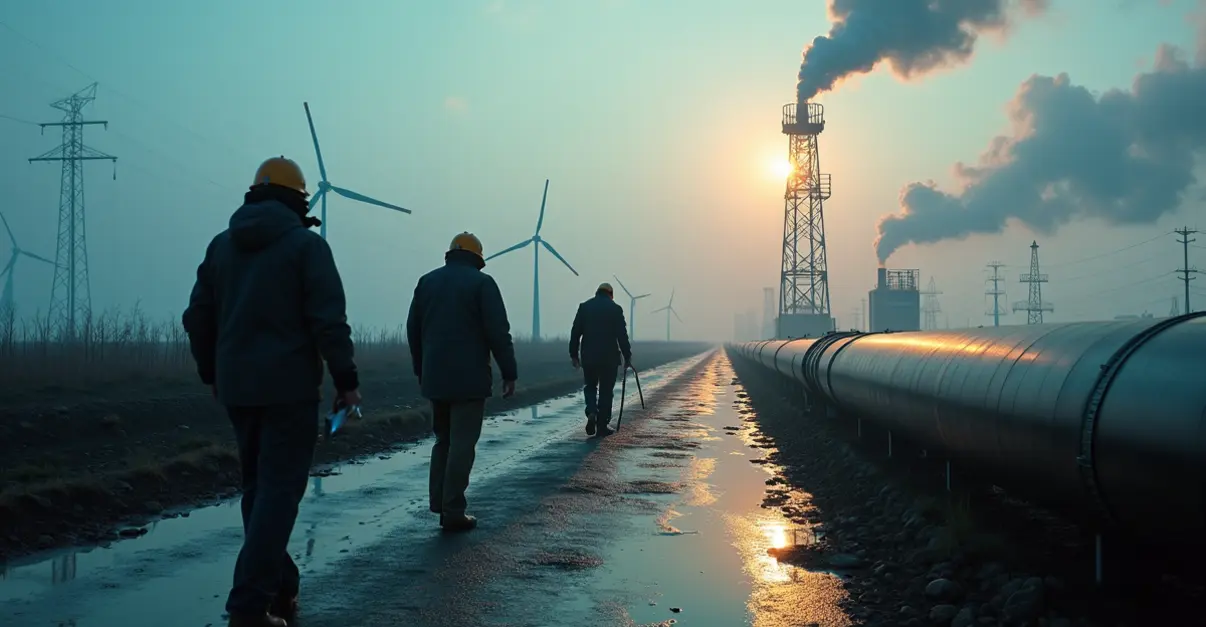
Europe's Ongoing Energy Dependence on Russia
The European Union continues to grapple with significant energy dependence on Russia despite extensive sanctions and diversification efforts since the 2022 invasion of Ukraine. According to recent Eurostat data, the EU imported Russian liquefied natural gas (LNG) worth approximately €4.48 billion in the first half of 2025, representing an increase from €3.47 billion during the same period last year.
Pipeline Politics and Strategic Vulnerabilities
The Druzhba pipeline, one of the world's largest oil pipeline networks stretching over 4,000 kilometers from Russia to multiple European countries, remains a critical infrastructure piece for several EU member states. Recent Ukrainian attacks on pumping stations in August 2025 temporarily halted operations, highlighting the vulnerability of this supply route.
Hungary and Slovakia: The Holdouts
Hungary and Slovakia continue to rely heavily on Russian oil imports, having received exemptions from the EU embargo. Hungarian Foreign Minister Péter Szijjártó recently defended this dependence, stating "Energy supply is not a political or ideological issue, you need the pipeline and the oil in it." Both countries remain reluctant to switch to alternative routes like the Adriatic pipeline, despite Croatian assurances of sufficient capacity.
French LNG Imports Surge
France, Spain, and Belgium accounted for 85% of Europe's Russian LNG imports in 2024, with France and the Netherlands increasing their Russian LNG imports by 81% compared to 2023, according to the Institute for Energy Economics and Financial Analysis.
EU Phase-Out Plan
The European Commission has proposed a comprehensive phase-out of all Russian gas and oil imports by 2028. The plan includes prohibiting new contracts from January 1, 2026, ending short-term contracts by June 17, 2026, and banning long-term contracts from January 1, 2028. These measures require approval from the European Parliament and at least 15 of the 27 EU member states representing 65% of the bloc's population.
Progress and Challenges
Significant progress has been made in reducing dependence. The share of petroleum oil imports from Russia fell from 29% in Q1 2021 to just 2% in Q2 2025. Countries like the Czech Republic successfully ended Russian oil imports since April 2025 through pipeline expansion projects.
However, the transition faces complex challenges balancing energy security, market stability, and political consensus while continuing to diversify sources and infrastructure across the continent.

 Nederlands
Nederlands English
English Français
Français Deutsch
Deutsch Español
Español Português
Português



